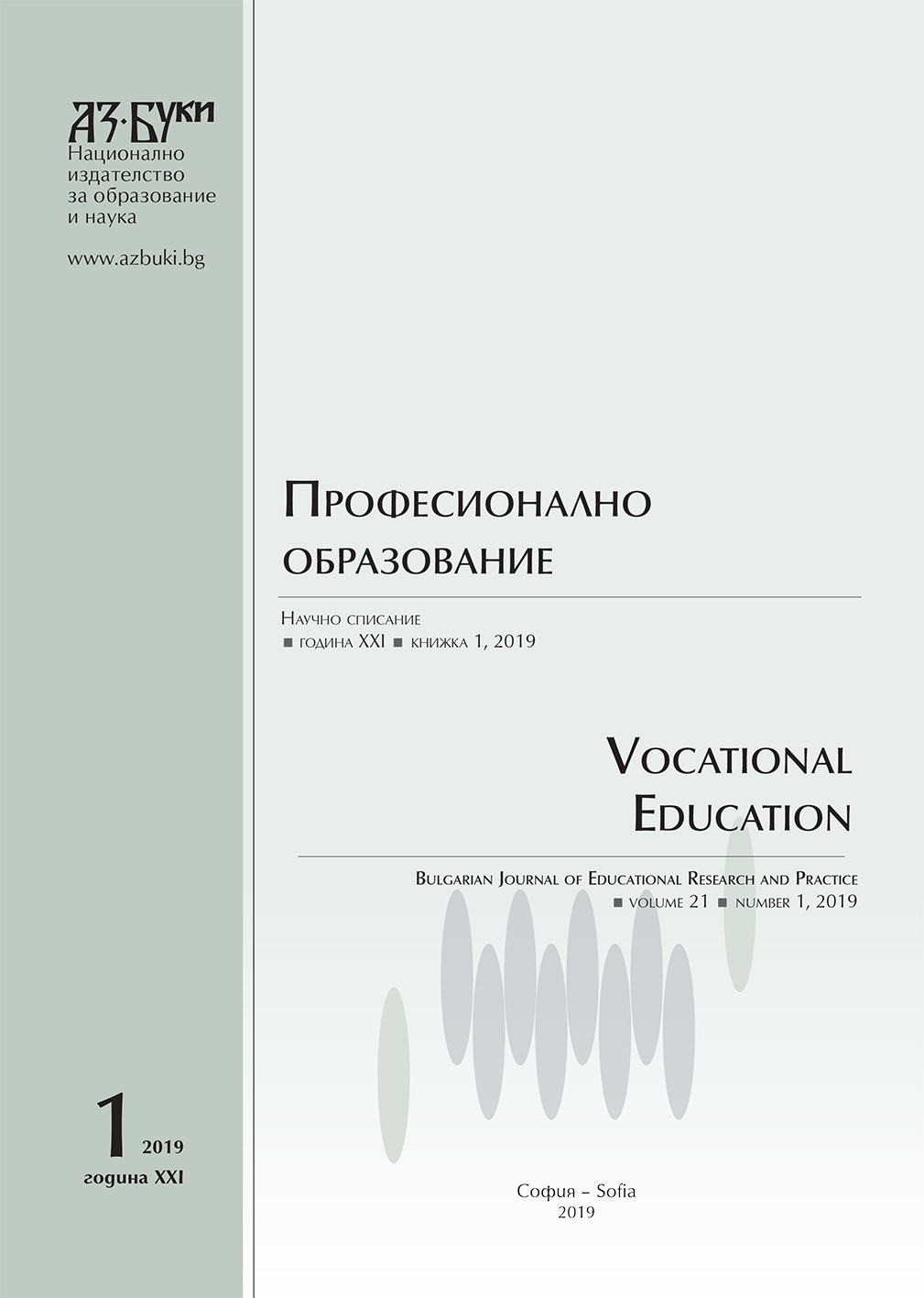Цел и роля на образованието след 16-годишна възраст
Purpose and Role of Education after 16 Years of Age
Author(s): Phil BudgellSubject(s): Social Sciences, Education, Sociology, School education, Vocational Education, Adult Education, Higher Education , State/Government and Education, Evaluation research, Social development, Social differentiation, Family and social welfare, Social Informatics, Social Norms / Social Control, Inclusive Education / Inclusion
Published by: Национално издателство за образование и наука „Аз-буки“
Keywords: school education; pupils aged 16 years and over; Bulgaria; England; general matrix of the curriculum; degree of freedom of choice; educational model; Bulgarian matriculation; GCS A Level Exams
Summary/Abstract: In this article, the author compares school education for pupils aged 16 years and over in Bulgaria and England. At the beginning of the article, he looks at the general matrix of the curriculum and the degree of freedom of choice for students. In Bulgaria, the educational model follows the way of training students aged 14 – 16, with limited choice within the profile. In England, on the other hand, there is a significant difference: after 16 years of age, students have the complete freedom to choose which subjects to study.Further, the author focuses on teaching Bulgarian in Bulgaria and English in England to illustrate the different approaches. For this purpose, he uses the Bulgarian language requirements published by the Bulgarian Ministry of Education and Science and the English language requirements of the Ministry of Education in England.Finally, the author examines the examination process and compares the types of questions that are included in the Bulgarian matriculation in Bulgaria and the types of questions included in the GCS A Level Exams in England.
Journal: Професионално образование
- Issue Year: 21/2019
- Issue No: 1
- Page Range: 41-55
- Page Count: 15
- Language: Bulgarian
- Content File-PDF

